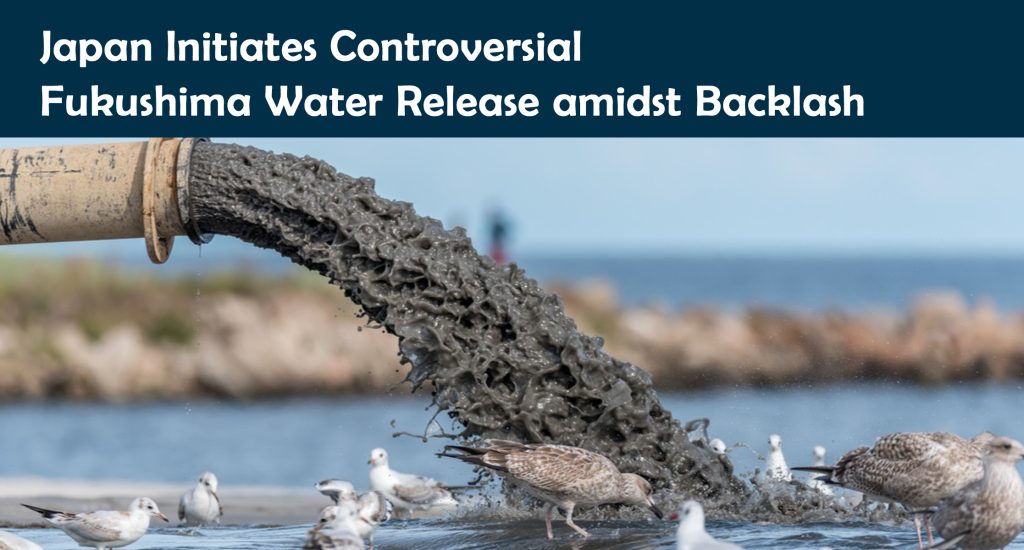
Japan has initiated the release of treated wastewater from the Fukushima nuclear plant into the Pacific Ocean, sparking backlash from China and concerns from local fishermen. This marks a significant step in decommissioning the site 12 years after a major nuclear accident. Japan maintains the water is harmless after treatment, a stance supported by the International Atomic Energy Agency (IAEA). However, China has criticized the move, banning Japanese seafood imports and raising contamination concerns. The release, which will occur over several decades, aims to clear space for the removal of dangerous nuclear fuel and debris. The issue has sparked international debate, with experts generally supporting Japan’s approach.

